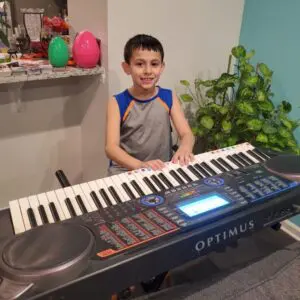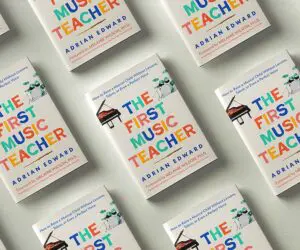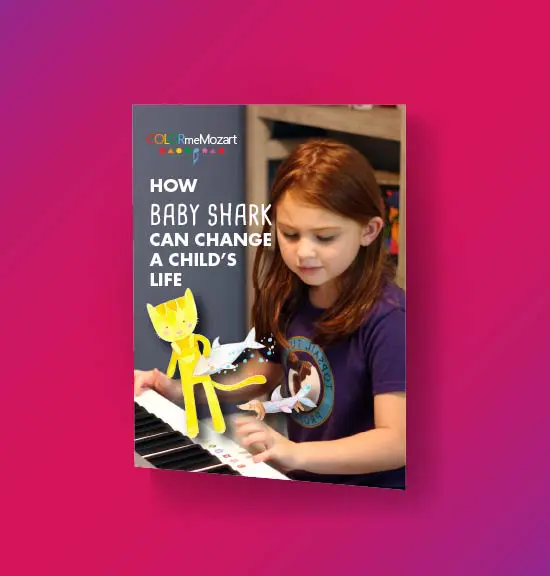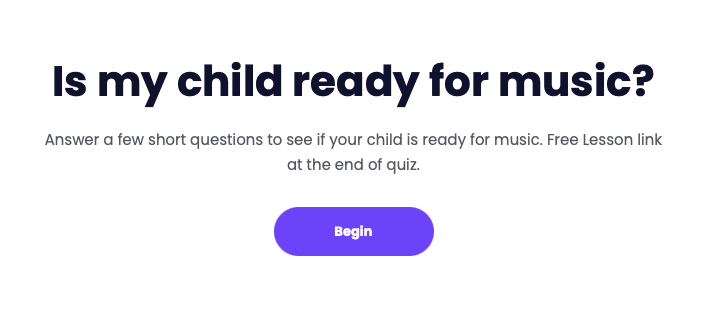In the dynamic realm of homeschooling, where the boundaries of traditional education are continually pushed, one of the most powerful tools in a parent-educator’s arsenal is multisensory learning. It’s a concept that goes beyond textbooks and lectures, engaging learners through a blend of visual, auditory, kinesthetic, and tactile experiences. And at the heart of this transformative approach lies music, an extraordinary catalyst that ignites the senses and unlocks the full spectrum of learning potential.
The Symphony of Senses
Multisensory learning recognizes that each child has a unique learning style, and by incorporating various sensory modalities into the educational process, homeschoolers can create a rich tapestry of understanding. Music, with its innate ability to stimulate multiple senses simultaneously, serves as a perfect conduit for this holistic approach.
Consider a typical music lesson: as a child listens to the melody of a song, their auditory senses are awakened, absorbing the rhythm, pitch, and dynamics. Simultaneously, they might tap their feet or clap their hands, engaging in kinesthetic learning, which promotes physical movement and muscle memory. The lyrics of the song, when accompanied by visuals such as videos or illustrations, appeal to the visual learners, while discussions about the historical context or cultural significance of the music cater to the linguistic and logical-mathematical intelligences.
 Harmony in Homeschooling
Harmony in Homeschooling
For homeschooling families, incorporating music into daily lessons can be both seamless and immensely rewarding. Whether it’s through dedicated music classes, integrating songs into subject-specific curriculum, or even using music as a backdrop for study sessions, the benefits are manifold.
One of the most profound advantages of using music in homeschooling is its ability to enhance memory retention. Research has shown that information presented in musical form is more easily remembered and recalled compared to rote memorization or traditional methods. This phenomenon, known as the “Mozart Effect,” underscores the powerful connection between music and memory, making it an invaluable tool for homeschoolers seeking to optimize learning outcomes.
Moreover, music fosters emotional expression and creativity, providing an outlet for self-discovery and personal growth. Through composing their songs, exploring different genres, or even simply listening to music, children develop a deeper understanding of themselves and the world around them, nurturing their emotional intelligence in the process.
Conducting Success: Practical Tips
Implementing music into a homeschooling curriculum doesn’t have to be daunting. Here are some practical tips to get started:
- Curate a Diverse Playlist: Explore a wide range of musical genres, from classical symphonies to folk songs and everything in between. Tailor your selections to complement specific lessons or themes, exposing your child to a rich tapestry of cultural and historical contexts.
- Integrate Music Across Subjects: Don’t limit music to standalone lessons. Incorporate it into various subjects such as history, geography, and even science. For instance, explore the mathematics of rhythm or delve into the social implications of protest songs.
- Encourage Active Participation: Invite your child to actively engage with music through singing, dancing, or playing instruments. Create opportunities for hands-on exploration and experimentation, allowing them to discover their unique musical talents and preferences.
- Embrace Technology: Leverage digital resources such as educational apps, online music tutorials, and streaming platforms to supplement your homeschooling curriculum. Virtual field trips to concerts, museums, or cultural sites can further enrich the learning experience.
- Foster a Musical Environment: Cultivate a home environment where music is celebrated and integrated into daily life. Whether it’s background music during meals, family sing-alongs, or impromptu dance parties, let music become a natural part of your homeschooling routine.
 The Symphony Continues
The Symphony Continues
As homeschoolers embark on their educational journey, the harmonious integration of music into their curriculum promises to enrich their learning experience in profound ways. From enhancing memory retention and stimulating creativity to fostering emotional intelligence and cultural appreciation, music serves as a powerful catalyst for multisensory learning. So let the melodies play, the rhythms dance, and the senses awaken, as homeschooling families embark on a symphonic voyage of discovery and growth.
In the symphony of homeschooling, music is not just a backdrop but a conductor of learning, orchestrating a harmonious blend of sensory experiences that resonate deeply within each child’s heart and mind.





